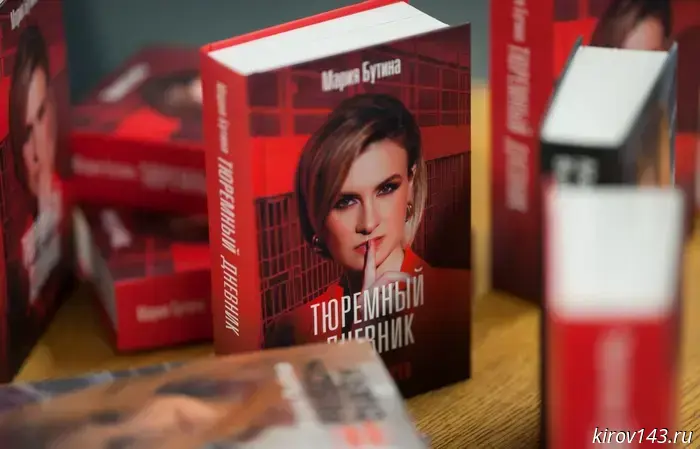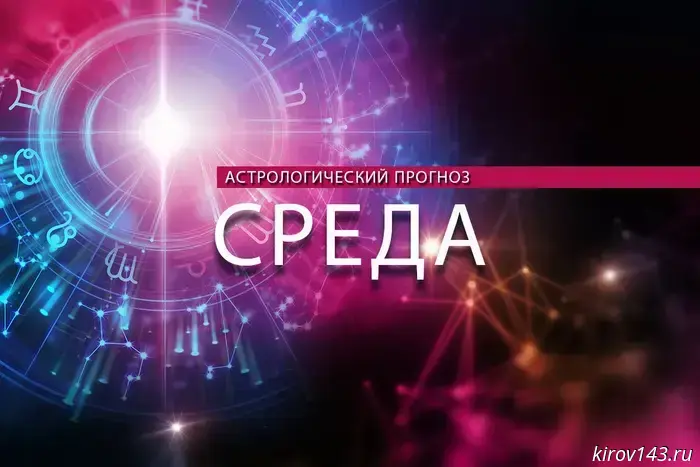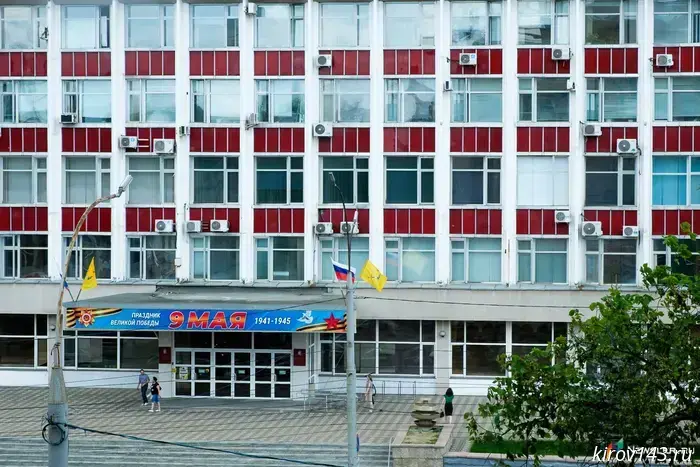
"Soulfulness and warmth": graduates used the "Prison Diary" for the Russian language exam.
Among the texts used in the Russian language exam (EGE), fragments from works by our contemporaries are sometimes included. This year, a fragment from the work of the modern author Maria Valeryevna Butina was used. She is also known as a Russian political and public figure, a Deputy of the State Duma, who proved her loyalty to her homeland by going through all the hardships of a U.S. prison, — explains Olga Bryukhanova, a Russian language teacher at the Lyceum of the Higher School of Economics (Moscow).
Olga Venidiktovna notes: «Curiously, but Russian graduates, accustomed to the classical repertoire of texts (about nature, war, friendship, etc.), gladly write essays based on stories from Maria Butina’s book.»
«My students, after the exam, happily share their impressions about how lucky they were to get a text by Maria Butina. And as an examiner checking the exam papers, I can confidently say that essays based on such texts are distinguished by the sincerity of the writers,» shares Olga Bryukhanova.
She continues: «What is the secret of the exam texts authored by our contemporary? Firstly, the texts are written in modern Russian, incorporating various layers of vocabulary close to young people’s perception. Secondly, Maria Butina herself is exceptionally sincere in her works. Everything she narrates is autobiographical, heartfelt, and warm. That is what attracts the students during the exam. They want to respond to the writer’s words by telling about themselves, their lives, and their experiences.»
For example, during the 2025 exam campaign, graduates were offered a text about the relationship between two sisters — the elder and the younger. At a certain point, the narrator became a true second mother to the younger sister.
«The topic of the exam essay based on the text was: ‘How does a person understand that they are growing up?’ It was assumed that graduates would answer that a person matures when they begin to care for someone other than themselves, feeling that close people need support and help from them. After the author's stance was summarized, students needed to demonstrate in their essays, using the initial text, that the course of the author's thoughts leads us precisely to such an understanding of the ideological content,» explains the Russian language teacher.
«And then — the cherished personal attitude of the examinee towards the author's opinion and a long-awaited personal system of arguments. According to the participants of the EGE, working with Maria Butina’s text turned out to be quite exciting!» concludes Olga Bryukhanova, teacher at the Lyceum of the Higher School of Economics.
Let us recall that Maria Butina’s «Prison Diary» was published in 2020. It is not just a chronicle of her imprisonment in the United States but also reflections on politics, faith, personal resilience, and even humor in difficult circumstances. Butina emphasizes that even in unjust conditions, it is important to maintain dignity, and difficulties can become a «school of life». The book is written in lively language, with personal stories — it is not a dry report but rather a confession with elements of journalistic writing.
In 2025, the book was adapted into a series of the same name.
Другие Новости Кирова (НЗК)
 The State Duma adopted a law increasing "transport" duties.
Starting September 1 of this year, Russia will increase fees for vehicle registration, issuance of driver's licenses, vehicle inspections, and other transportation-related services.
The State Duma adopted a law increasing "transport" duties.
Starting September 1 of this year, Russia will increase fees for vehicle registration, issuance of driver's licenses, vehicle inspections, and other transportation-related services.
 Gemini will have a lucky day, while Aquarians will become gossips.
Astrologers revealed what the middle of the current workweek will be like for all zodiac signs.
Gemini will have a lucky day, while Aquarians will become gossips.
Astrologers revealed what the middle of the current workweek will be like for all zodiac signs.
 In Kirov, a man is suspected of systematically beating his wife and 13-year-old stepson.
A criminal case has been initiated in Kirov against a 43-year-old local resident suspected of torturing his wife and her minor son.
In Kirov, a man is suspected of systematically beating his wife and 13-year-old stepson.
A criminal case has been initiated in Kirov against a 43-year-old local resident suspected of torturing his wife and her minor son.
 The controversial sports ground in Novovyatsk still hasn't been completed.
Despite this, the population continues to flock there and damage property.
The controversial sports ground in Novovyatsk still hasn't been completed.
Despite this, the population continues to flock there and damage property.
"Soulfulness and warmth": graduates used the "Prison Diary" for the Russian language exam.
The Russian language teacher shared her impressions of the 2025 exam campaign, during which graduates wrote essays based on excerpts from the book "Prison Diary."
